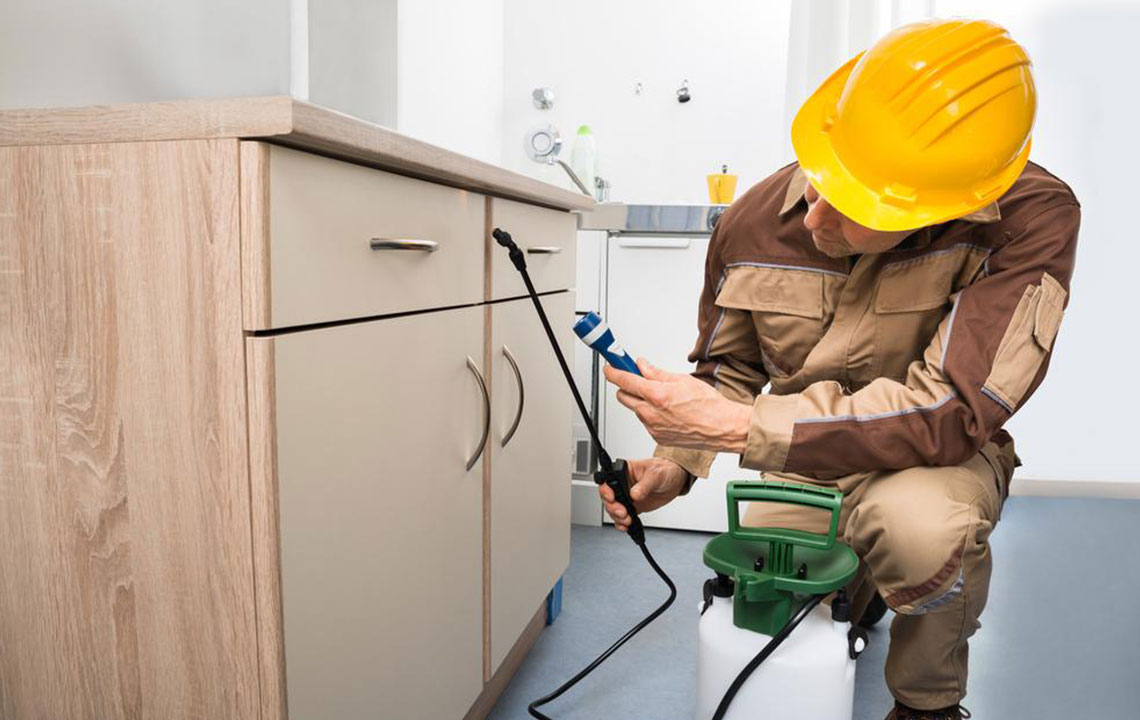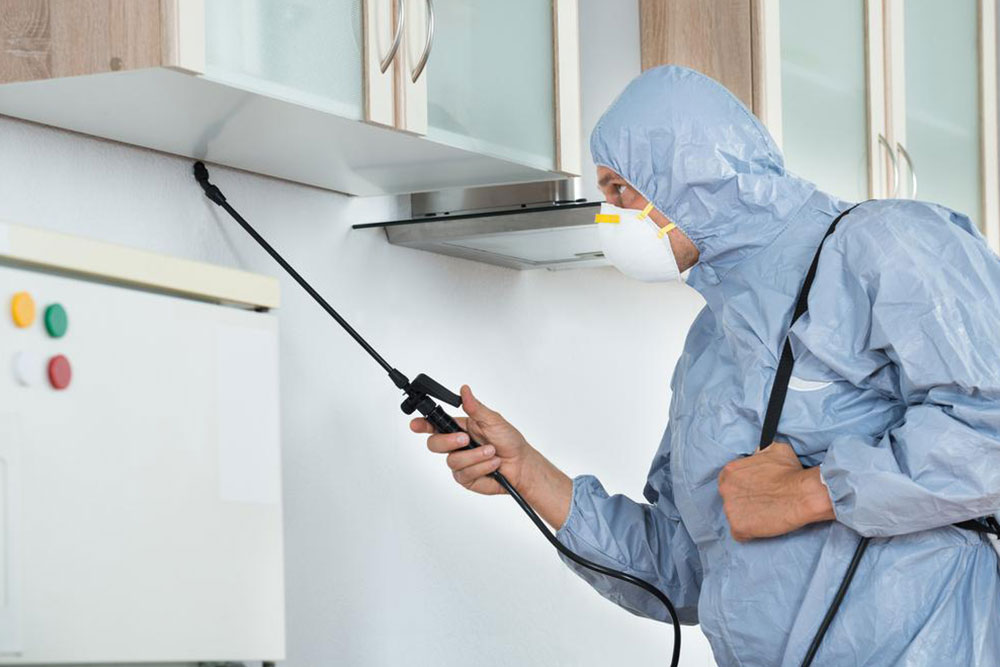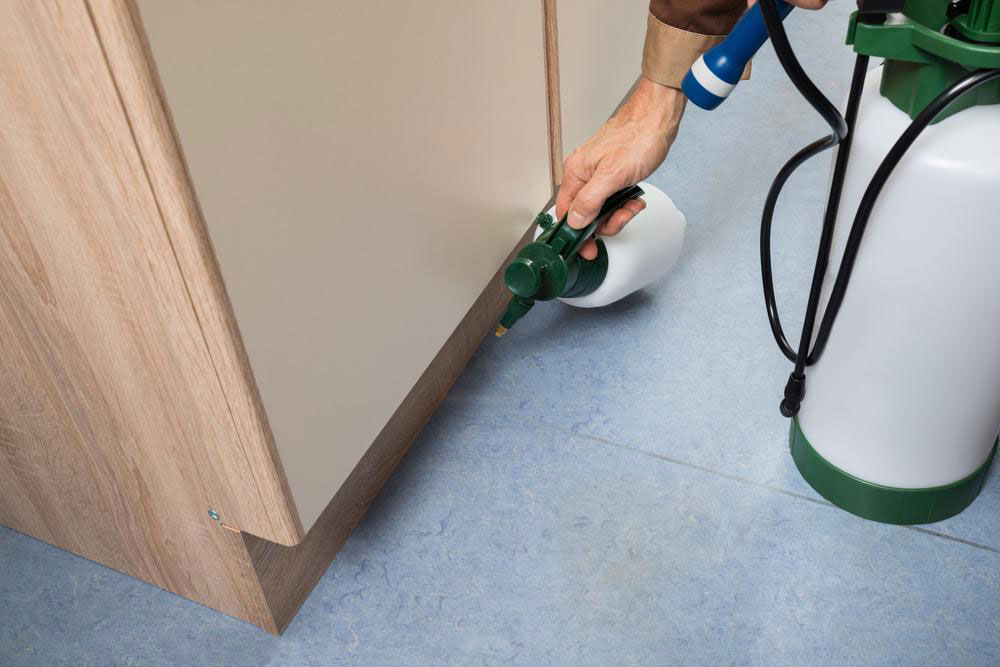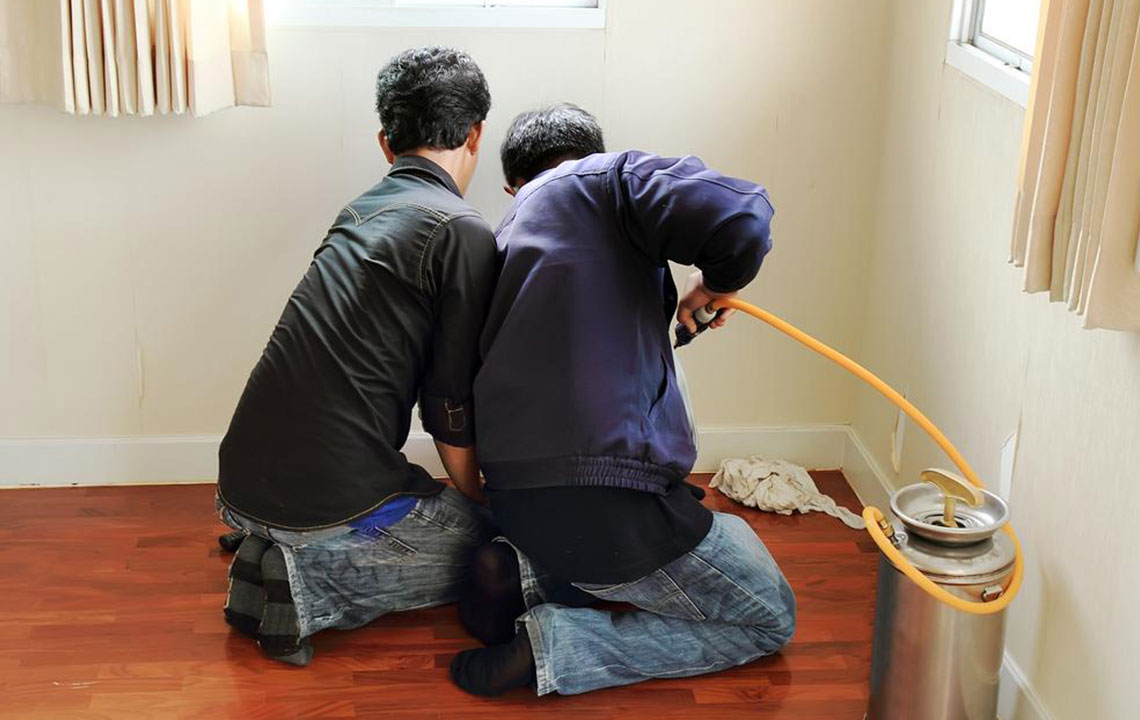Comprehensive Guide to Controlling and Preventing Rodent Infestations in Your Home
Discover comprehensive methods to prevent and control rodent infestations in your home. From natural deterrents like peppermint oil to effective trapping techniques and professional pest control options, learn how to protect your property and health. This guide emphasizes prevention strategies, sealing entry points, and maintaining sanitation to keep rodents away long-term. Whether dealing with minor issues or severe invasions, staying proactive is key to a rodent-free home. Protect your family and your property with expert-approved tips for effective rodent management.

Comprehensive Guide to Controlling and Preventing Rodent Infestations in Your Home
Rodents, particularly mice and rats, are common household pests that thrive in environments offering food, warmth, and shelter. They tend to invade homes more frequently during colder months like fall and winter, but outbreaks can occur anytime, especially if entry points are vulnerable. Understanding their behaviors, entry strategies, and effective control measures is essential for homeowners seeking a rodent-free living space. This in-depth guide explores the causes of rodent infestations, natural deterrents, trapping methods, professional intervention options, and preventive strategies to keep your property secure from these unwelcome guests.
Rodents are skilled at finding ways into homes. They typically gain entry through small cracks and openings around doors, windows, vents, chimneys, utility lines, and foundation flaws. Once inside, they can cause significant damage by gnawing on wires, insulation, and structures, and pose serious health risks by spreading diseases such as hantavirus, salmonella, and leptospirosis. An infestation not only jeopardizes your health but can also lead to costly repairs and sanitation issues. Therefore, proactive measures are critical to prevent and control rodent presence effectively.
Understanding Rodent Behavior and Entry Points
To effectively manage rodent problems, first comprehend their behavioral patterns. Mice and rats are excellent climbers and jumpers, and they have an acute sense of smell that helps them locate food from considerable distances. They prefer dark, concealed places and often establish nests in walls, attics, basements, and cluttered storage areas. Their tiny size allows them to squeeze through openings as small as ¼ inch for mice and about ½ inch for rats.
Common entry points include gaps around the foundation, utility entry points, damaged vents, open doors or windows, and poorly sealed gaps around pipes. To prevent entry, inspect your home thoroughly, sealing potential portals with durable materials like steel wool, caulk, or metal sheets. Regular maintenance and inspections are vital to stay ahead of rodent issues.
Natural Deterrents That Keep Rodents Away
One of the safest and most eco-friendly ways to repel rodents involves natural deterrents. Among these, peppermint oil stands out as a highly effective option due to its strong, pungent aroma. Rodents dislike the scent, and placing soaked cotton balls or pads infused with peppermint oil near entry points, along baseboards, or in storage areas can discourage them from nesting nearby.
Other natural repellents include solutions made from cayenne pepper, black pepper, or vinegar. Dabbing these substances around suspected entry zones or nesting sites creates an unpleasant environment for rodents, encouraging them to seek shelter elsewhere. Additionally, trimming back shrubbery and eliminating clutter around your home reduce hiding spots, making your property less attractive to pests.
Effective Trapping Strategies for Rodent Control
When natural deterrents are insufficient, trapping becomes an essential component of rodent control. There are various trap options available, including snap traps, live traps, and glue traps, each suited for different situations. Snap traps are quick and humane, providing a swift kill when properly placed. Live traps allow for the safe release of captured rodents away from your property, but require careful handling and compliance with local regulations.
Placement is key to trap effectiveness. Set traps along walls, behind appliances, and in dark corners where rodents are likely to travel. Use attractive bait such as peanut butter, chocolate, or grains to lure them in. Regularly check traps and dispose of captured pests humanely. Combining trapping with other prevention measures enhances overall effectiveness and reduces rodent populations more efficiently.
When to Seek Professional Pest Control Services
For severe infestations that threaten health or cause structural damage, enlisting professional pest control experts is highly recommended. Professionals have access to specialized tools, poisons, and techniques not available to the public. They conduct thorough inspections to assess the extent of the problem, identify entry points, and apply targeted treatments such as bait stations, rodenticides, and exclusion barriers.
Professional services also provide ongoing monitoring and maintenance options to ensure rodents do not return. Choosing a reputable pest control company with experience in rodent management is crucial for safety and effectiveness. While DIY methods work for minor issues, severe cases often require expert intervention to achieve long-lasting results.
Preventive Measures for Long-Term Rodent-Free Homes
The best way to handle rodent infestations is through prevention. Maintain good sanitation by cleaning up food debris, storing food in sealed containers, and disposing of garbage regularly. Declutter basements, attics, and garages to eliminate nesting habitats. Seal all potential entry points thoroughly, checking annually for new cracks or gaps.
Install door sweeps and screens on vents and chimneys, and keep trees, shrubs, and firewood piles away from the house foundation. Consider installing physical barriers such as metal flashing around pipes and openings. Routine inspection and maintenance are essential to prevent re-infestation, especially if your area is prone to rodent activity due to climate or urban conditions.
In conclusion, managing rodent infestations effectively requires a comprehensive approach combining natural deterrents, trapping, professional assistance, and consistent prevention strategies. Homeowners who stay vigilant and proactive can maintain a hygienic, safe, and rodent-free environment for years to come.





